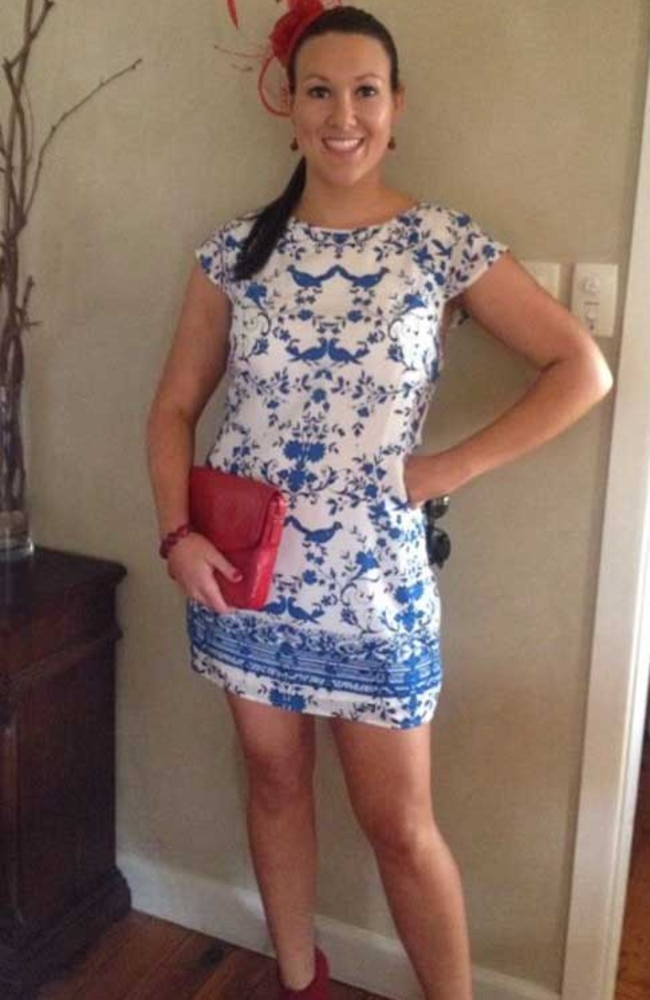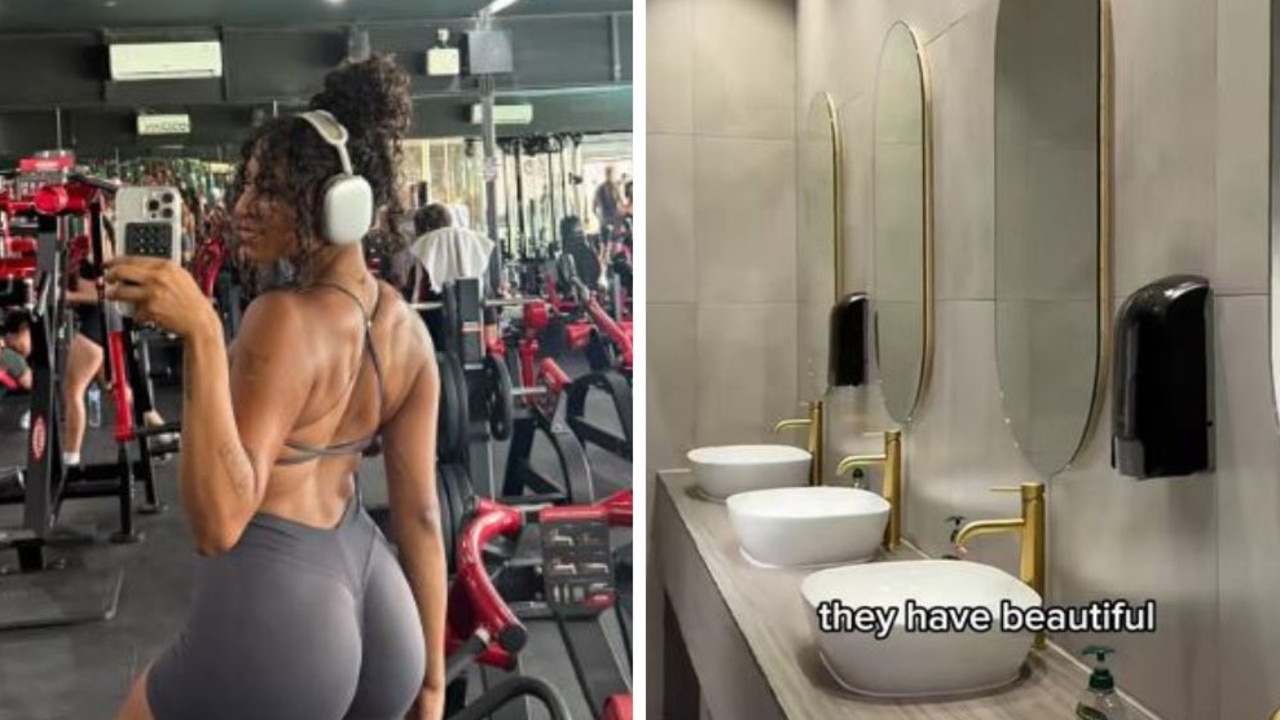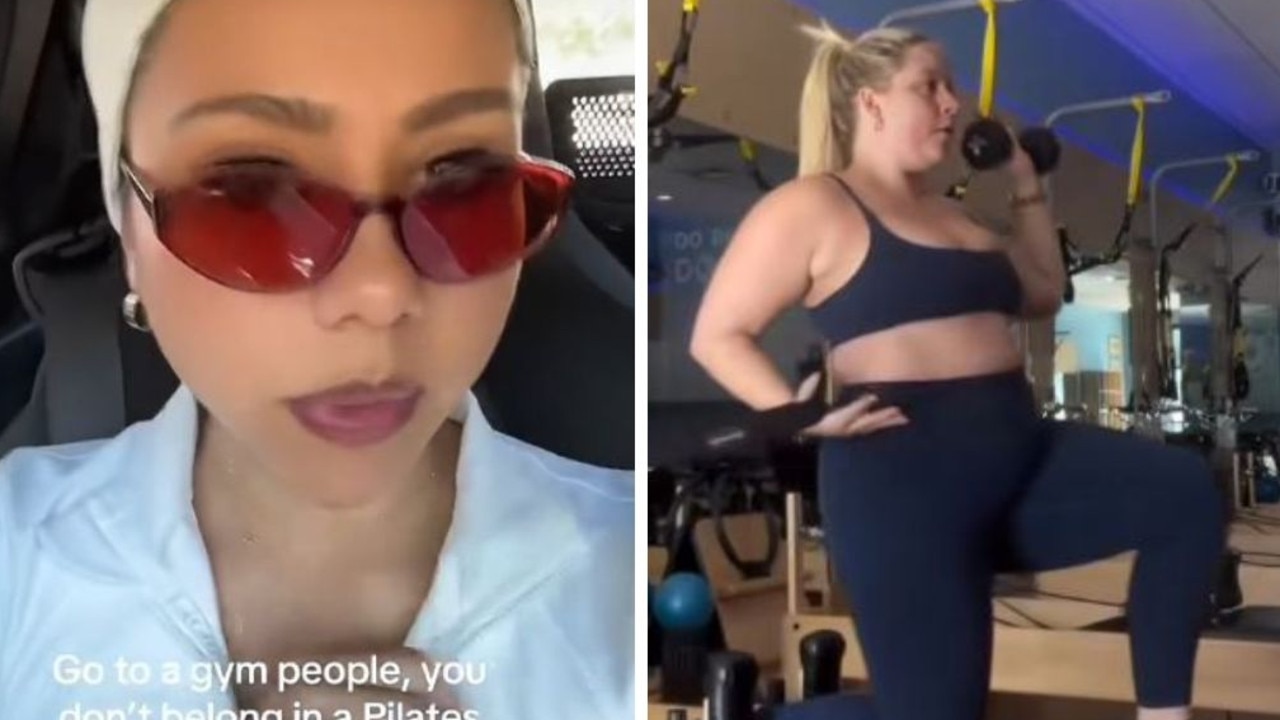Psychologist creates groundbreaking fitness class to cure your gymophobia
RUBY Crowe was one of many Australian women who felt nervous and selfconscious in the gym. Now she’s found a way to feel confident with exercise.

RUBY Crowe wanted to lose weight, but the gym filled her with fear.
The mirrors, the expensive lycra and the intimidating machines sent shivers down her spine.
Instead, the teenager stayed at home, shedding kilos with “quick-fix” protein shake diets, and then piling the weight back on again when she returned to eating.
Ruby’s story is all too common in Australia, where the cult of health and fitness can seem like an impossible fantasy for people who are selfconscious, overweight or unable to afford high end gym fashion.
“I’d been to trials but I didn’t know how to use the equipment,” Ruby, who was bullied for her weight in primary school, told news.com.au. “I felt alone. Everyone knew what they were doing.”
Ruby, from Caringbah in NSW, would hop on a treadmill and run for a bit, feeling as though all the fit, toned gym-goers were watching her struggle and sweat in body-hugging workout gear.
Fashionable sportswear brands like Lorna Jane and the proliferation of “fitspo” Instagram accounts didn’t make Ruby, now 21, any more comfortable. “As well as whether you can afford it, you worry about it would look and fit,” she said. “There’s so much thrown in everyone’s faces, you go, ‘I don’t look like that, so how can I go in there?’

“Promoting the healthy aspect of a fit life can benefit people but it’s a thin line — it can alienate them from even starting.”
It’s experiences like these, particularly among women, that prompted clinical psychologist Louise Adams to come up with the idea for the world’s first “gym therapy” classes. Sessions start with ridding people of their anxieties and fears around public exercise and then move on to rebuilding a strong relationship with exercise, tailored to the individual.
“There are a lot of people avoiding being active because they’re afraid of what they look like, being judged, using the equipment,” Louise told news.com.au. “We’re told we’ve got to exercise more, and that’s enormous pressure.
“Instead of motivating yourself with fear-based reasons — you have to lose weight or look better or stop being unhealthy — it’s about looking after yourself, being your own best friend and identifying your exercise values.
“What is it about being physically active that appeals to you? There are more meaningful ways to exercise.”
Louise believes that motivating ourself through fear doesn’t work long-term. She helps people find exercise that suits them — whether that’s being outside in nature, pumping iron to loud music in a packed gym or classes with friends.
“It’s about feeling strength and joy when you’re moving and thinking, ‘I want to go and do that.’ The main message is self-care and going after what makes you feel good.”
Louise’s classes tackle the “fitspiration”, “pornification” and “militarisation” of exercise that pervade the media, advertising and fashion. She is initially running sessions at Curves gym for women in Sydney, which eschews the “highly sexualised” image of some gyms with a friendly environment without mirrors, but she hopes to see the idea spread. The gym also offers discounts to people from low socio-economic backgrounds to banish the elitism of pricey membership.
Ruby has now started living an active lifestyle, going to yoga and circuit training with friends and getting out on her local beach promenade in Cronulla. She has even got her mum to the gym for the first time in 20 years.
“I’ve gone from 84 kilos to 70 and I’m really happy,” she said. “I thought it was something I couldn’t achieve.”
For further information or to register for a class email ccaunz@curves.com
with the subject GYM THERAPY or call 02 8202 7540.



